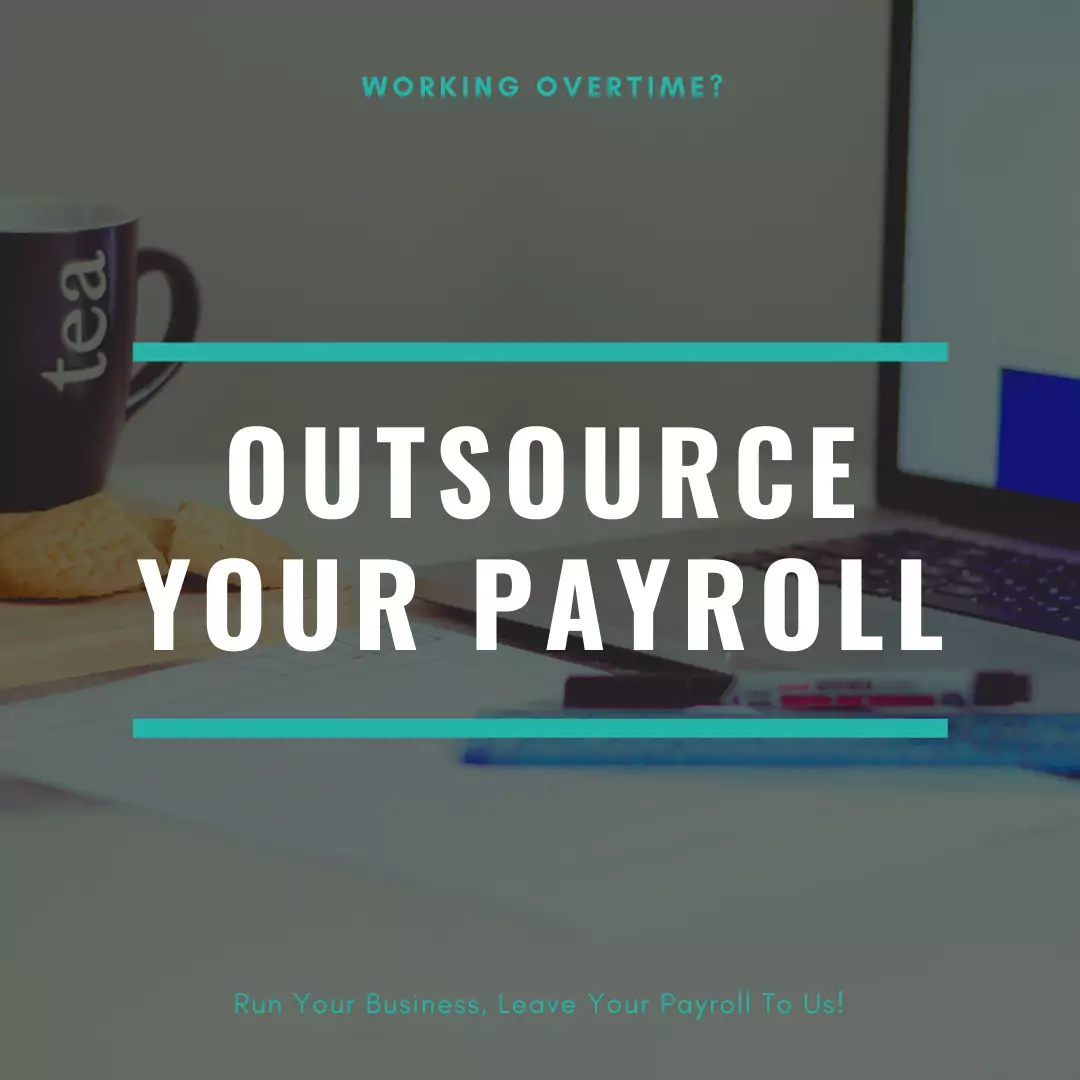
Is Payroll Outsourcing Right for Your Small Business?
Do you think Outsourcing Payroll is the right choice for your business or should you decide to keep the payroll within your own company? The following tips will help you determine the specifics.
When your company grows to at minimum one employee, you’re accountable for calculating, managing, and paying the pay. Because this can be a challenge for owners of businesses, many opt for an outside service to manage certain or all payroll duties. It can be difficult to decide if outsourcing payroll is the right choice for your company However, many businesses realize that the advantages of outsourcing these tasks far surpass the perceived negatives.
The following suggestions will help you sort through the information:
Both sides of the payroll coin
There are many reasons that influence your decision to outsource payroll. On one hand, you might believe that your company can’t handle the extra expense of hiring a third party to manage your payroll. However, using the DIY payroll method is time-consuming and could expose your business to risks that aren’t necessary.
In a recent Fin-eX survey, HR professionals reported spending on average 11 hours per week processing payroll, with an additional 4.9 hours spent processing employee benefits, and another 1.8 hours managing time off. In total, that’s more than 17 hours per every week doing tasks that could mostly be automated by the assistance of an external payroll service provider. Based on a 40-hour working every week with an annual income of £ 72700 that’s more than £ 30500 that is paid to an employee in-house for managing the payroll and related tasks.
Smaller businesses may not have an employee to complete these tasks and the results are more alarming. A recent study was conducted by the Electronic Transactions Association, small-scale business owners estimated their time as one-hr for £130. Given that the business’s owner is responsible for running the business, generating new business, funding, as well as a myriad of other tasks, this value may be representative of the value the owner brings to the company. If the business owner invests time on payroll, this equates to an annual expense of £112000 annually.
Time value doesn’t have to be all that is the cost for keeping payroll in-house, however. Around 33 % of employers make mistakes in their payroll that can result in the cost of penalties, taxes, or overpayments to employees and other administrative expenses to correct errors. These costs can be varying significantly across various industries, they should nevertheless be an important consideration for employers.
Cost analysis for outsourcing payroll
Although payroll software is an investment in your finances It’s essential to evaluate that investment against the time (and money) used to process payroll by yourself. Be aware that mistakes made when processing payroll manually can cause you to lose money or time. For instance, the wrong calculation or filing taxes incorrectly could result in penalties or fines. Each year, about 40% of small-scale entrepreneurs pay the equivalent of 845 pounds in IRS penalties. To ensure you don’t pay more than you owe, using payroll software can ensure that you don’t forget tax-filing deadlines, and ensure that your business retains and files the right amount of tax.
If you decide that payroll outsourcing could be the most efficient method for your small company, the expenses will be straightforward. Select a reliable payroll service that clearly states the monthly cost upfront and allows you to budget for your payroll expenses every month. A reputable payroll provider will provide a variety of add-on services which means you only have to pay for services that are relevant to your business.
Growing workforces and payroll complexities
Many businesses are moving to a multi-disciplinary workforce, and this has transformed the payroll process. When a business expands or gets more complicated -like hiring freelancers or paying employees overtime the chances of errors are increasing. A reliable payroll system can aid you in handling different types of employees, even if you have part-time and full-time freelancers, employees as also non-exempt and exempt employees. It will also assist you to comply with federal, state, and local regulations regarding overtime pay and tax filing requirements.
Today’s tax laws, as well as work-related situations are quite different. When looking for a payroll software make sure you choose a system that is that is specifically designed for a small-sized company. If you think your company to expand, soon be sure to check with your payroll administrator to see if the system can grow to meet your needs.
Fin-eX Outsourcing provides services for payroll


